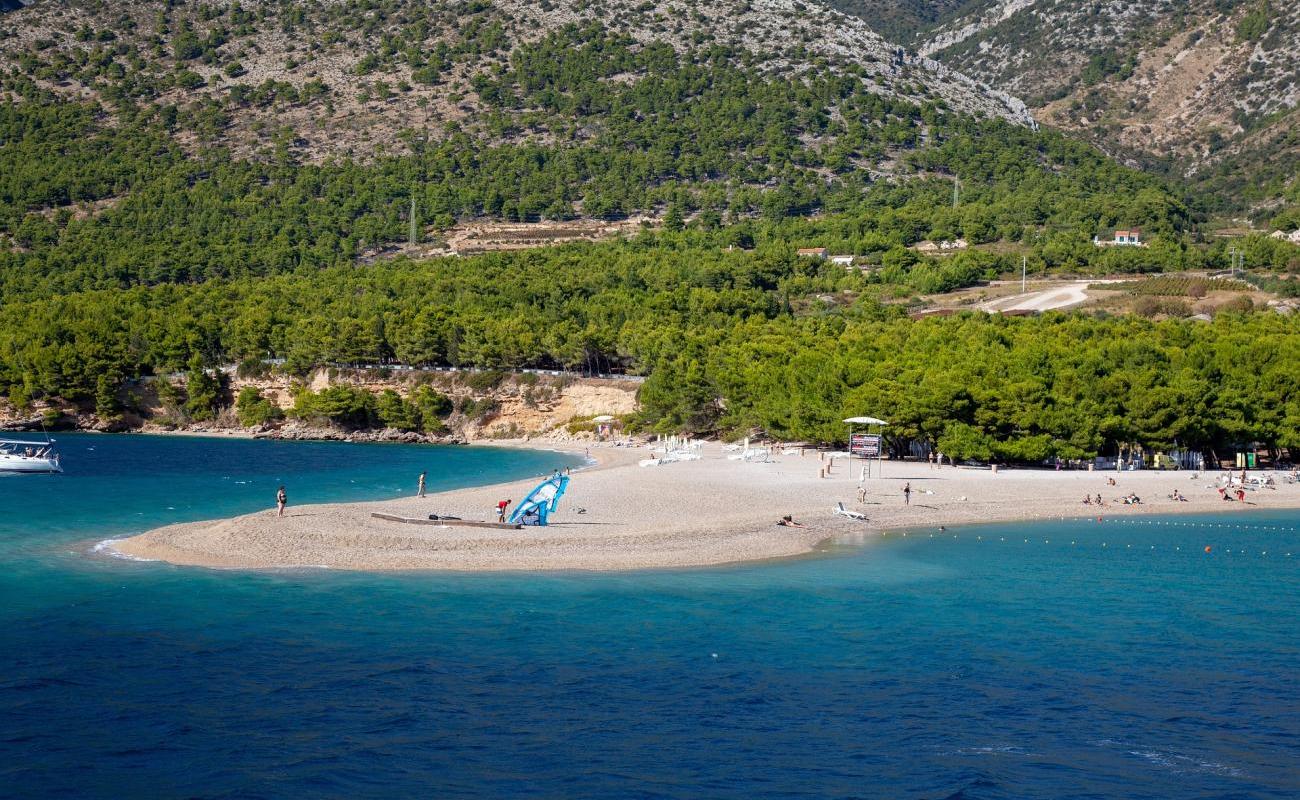DesirMED project: Sustainable future of Dalmatia

The DesirMED project aims to use nature-based solutions to help the community adapt to climate change.
Climate change represents one of the biggest challenges of our time. They have a great impact on the environment, the economy and people's health. Rising temperatures, floods, droughts and rising sea levels are just some of the symptoms present in Dalmatia. In order to protect our communities and natural resources, it is necessary to find sustainable solutions. In this context, the DesirMED project was created. Funded by the European Union, the project recognizes nature-based solutions as a key way to adapt to climate change.
A better future for Dalmatia
The DesirMED project started on January 1, 2024 and has already implemented various activities. The project showed that it is possible to act immediately and effectively for a better future of Dalmatia. One of the main goals of the project is the protection and increase of green areas in Split. In the show "ROUND TABLE" on Television Dalmacija, on June 13, project manager Maja Jurić emphasized the advantages of green areas for the city.
Greenery improves air quality, regulates temperatures, provides places for recreation and socializing, and contributes to biodiversity and stormwater management. Jurić emphasized the importance of community involvement in these efforts, stressing that every citizen can contribute to the preservation of the environment.
Capacity2Transform workshop
The Capacity2Transform Central Europe Interreg workshop, held on June 28, gathered 20 participants from various local and national environmental associations. The aim of the workshop was to identify climate problems on which these organizations can collaborate.
The DesirMED project and practical examples of nature-based solutions were presented at the workshop. One of these is the botanical garden at Skalice Primary School. The participants showed significant interest in the planned creation of two new school gardens within the project. They also emphasized the potential of the project as an educational tool and initiative for adapting to climate change.
Solar Frequency show
In order to strengthen the communication efforts of the project, Sunce organized a radio show called Sunčana Frekvencija. It will be broadcast every first Thursday of the month on Radio Sunce. In this show, DesirMED project partners will provide answers to questions about nature conservation and the fight against climate change, informing and educating the public. In the first show, on July 4, Maja Jurić introduced the listeners to the project, encouraging them to play an active role in environmental protection.
Meeting of Croatian partners
On July 5, the Split-Dalmatia County held a meeting of the Croatian partners of the DesirMED project. Representatives of the Center for Regional Activities of the Program of Priority Actions (CRA/PPA), the University of Split, the Faculty of Civil Engineering, Architecture and Geodesy in Split and Sunac attended. It was agreed to launch an initiative to establish a working body, which will significantly contribute to the identification of problems and the application of solutions in the pilot areas. The Horizon Europe Atlantic-Arctic Agora A-AAGORA project, which aims to protect and restore marine and freshwater ecosystems and promote social well-being, was also presented at the meeting.
Community engagement, cooperation with institutions and public education are needed
Climate change poses a serious challenge to our future, but projects like DesirMED provide concrete solutions and opportunities for a more sustainable and resilient way of life. Community engagement, cooperation with institutions and public education are key to the success of DesirMED, and the project partners will meet regularly and carry out a series of activities during the five-year project.
